Games with Black leads and characters were derided as forced. Female characters deemed unattractive or masculine were suffering from “DEI chin.” Dragon Age: The Veilguard, was criticized by far-right trolls for its customization options, which allow players to create characters with top surgery scars or play with a nonbinary companion. After reviews were released, conspiracists latched onto clichéd phrases or other language as proof that studio BioWare was instructing reviewers how to talk about their game.
Even not-yet-released titles faced bombardment. Compulsion Games’ South of Midnight, about a young Black woman in the Deep South, drew ire from the anti-DEI crowds on platforms like X, where they’ve photoshopped the heroine to make her looks less “repulsive” and put forth conspiracy theories about Sweet Baby’s influence on the game’s development.
But pressure to remain apolitical—a curious agenda for an entertainment form that marries the artistic preferences of narrative and imaginary worlds with agency granted to players who inhabit them—did not come just from a vocal minority. Following the release of Black Myth: Wukong, some streamers were given instructions to avoid talking about Covid-19 or “feminist propaganda.” The guidelines had the opposite effect, encouraging streamers to lead with the code words they’d been barred from: a push against standards meant to actually censor players.
Looking ahead to 2025, Ball says he hears more pessimism generally, but “it just sucks to contemplate, let alone predict.” If there is one plus, he says, it’s that there is “a lot more hiring happening than is generally believed. Downside is, it’s not nearly compensating overall, especially at indies.”
As 2024 comes to a close, the industry is operating—from the outside—with a business-as-usual mindset. In early December, developers gathered in Los Angeles to celebrate at The Game Awards. On stage, host Geoff Keighley made a small speech, amid game announcements, accolades, and a performance from Snoop Dogg.
“The sad reality is that over the past few years the gaming industry has suffered significant and unprecedented industrywide layoffs,” Keighley said. “Those affect the games we get to play and, even more important, the people who make the games we love. We can debate and certainly disagree with the reasons why, and honestly as a show we kind of struggle with how to address these topics in a constructive way.”
Keighley used the segment to introduce TGA’s first “game changer” award, a nod to an individual who has positively impacted the industry. Then the show continued, with headline-dominating announcements about major projects like The Witcher 4 and the next title from The Last of Us developer Naughty Dog.
Amid all of this is the specter of AI. There’s still little insight on how much AI will continue to grow and how future games might use it, but it’s a rising concern as rank-and-file workers are laid off. No one knows when, or if, the industry will bounce back with sustainable jobs and compensation. Yes, there will be games to play. It’s harder to say how many people will be able to make them.
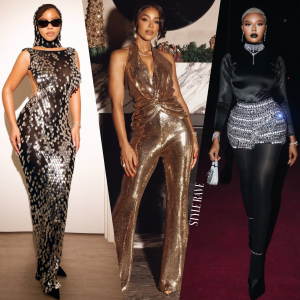











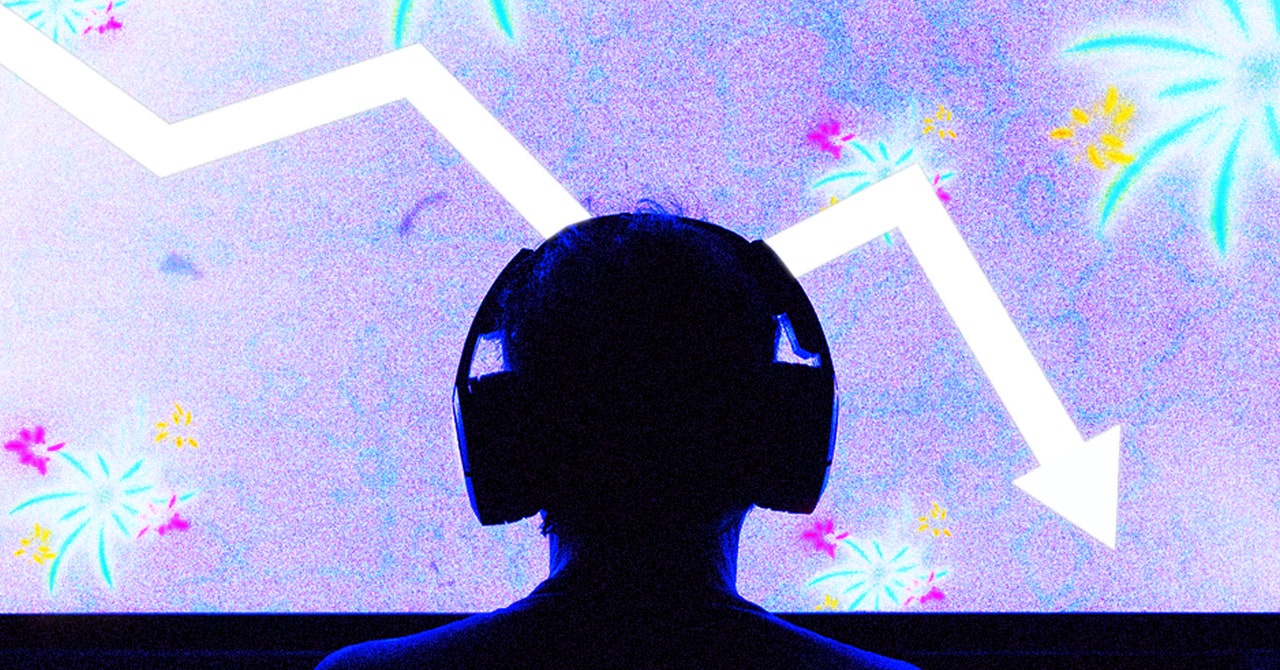


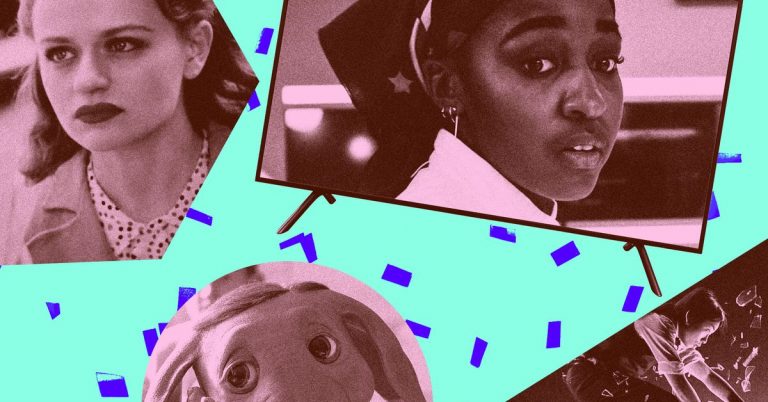
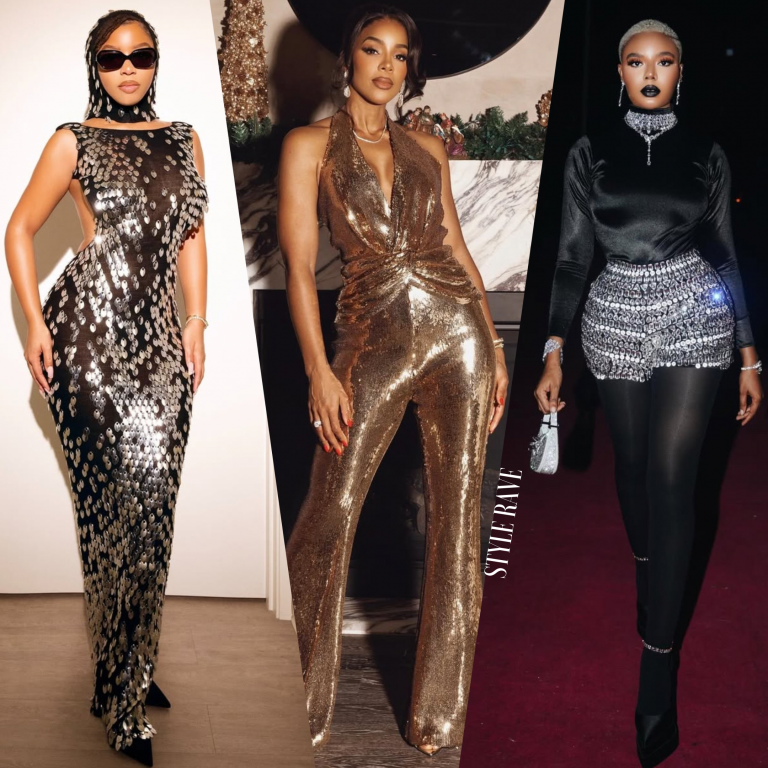





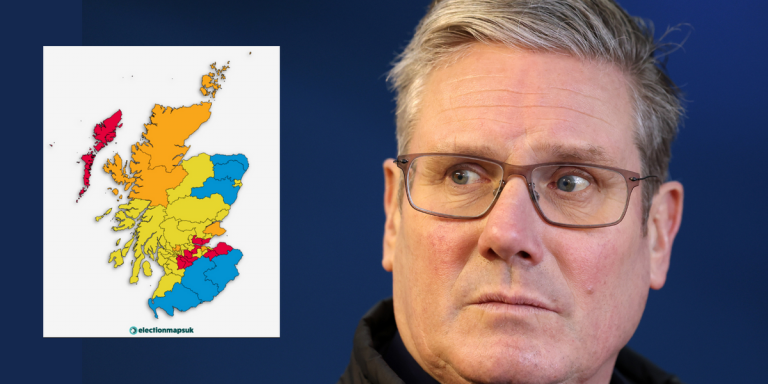

+ There are no comments
Add yours